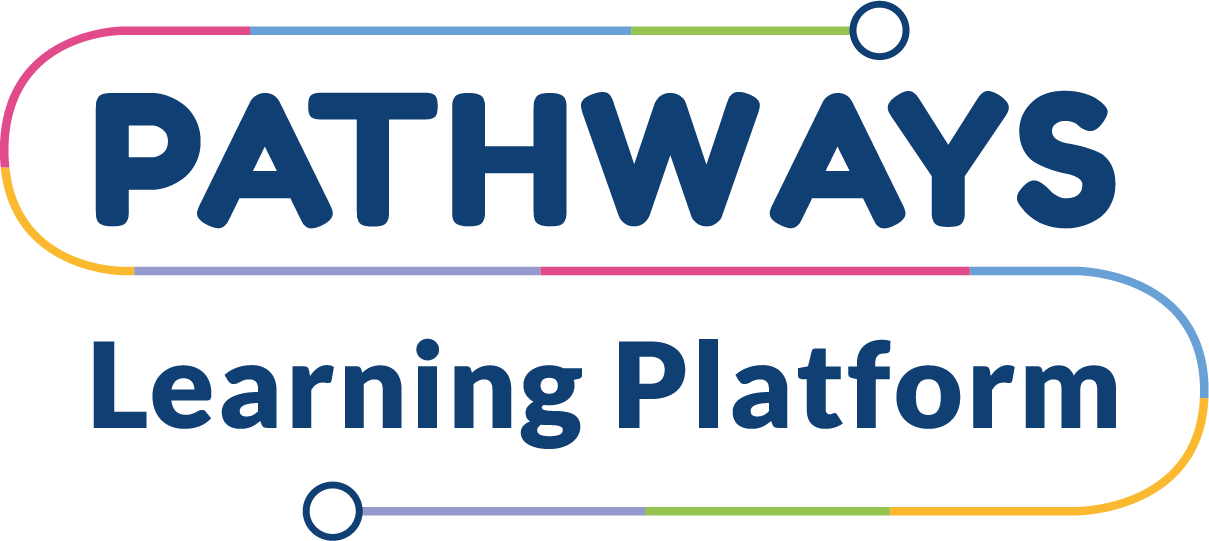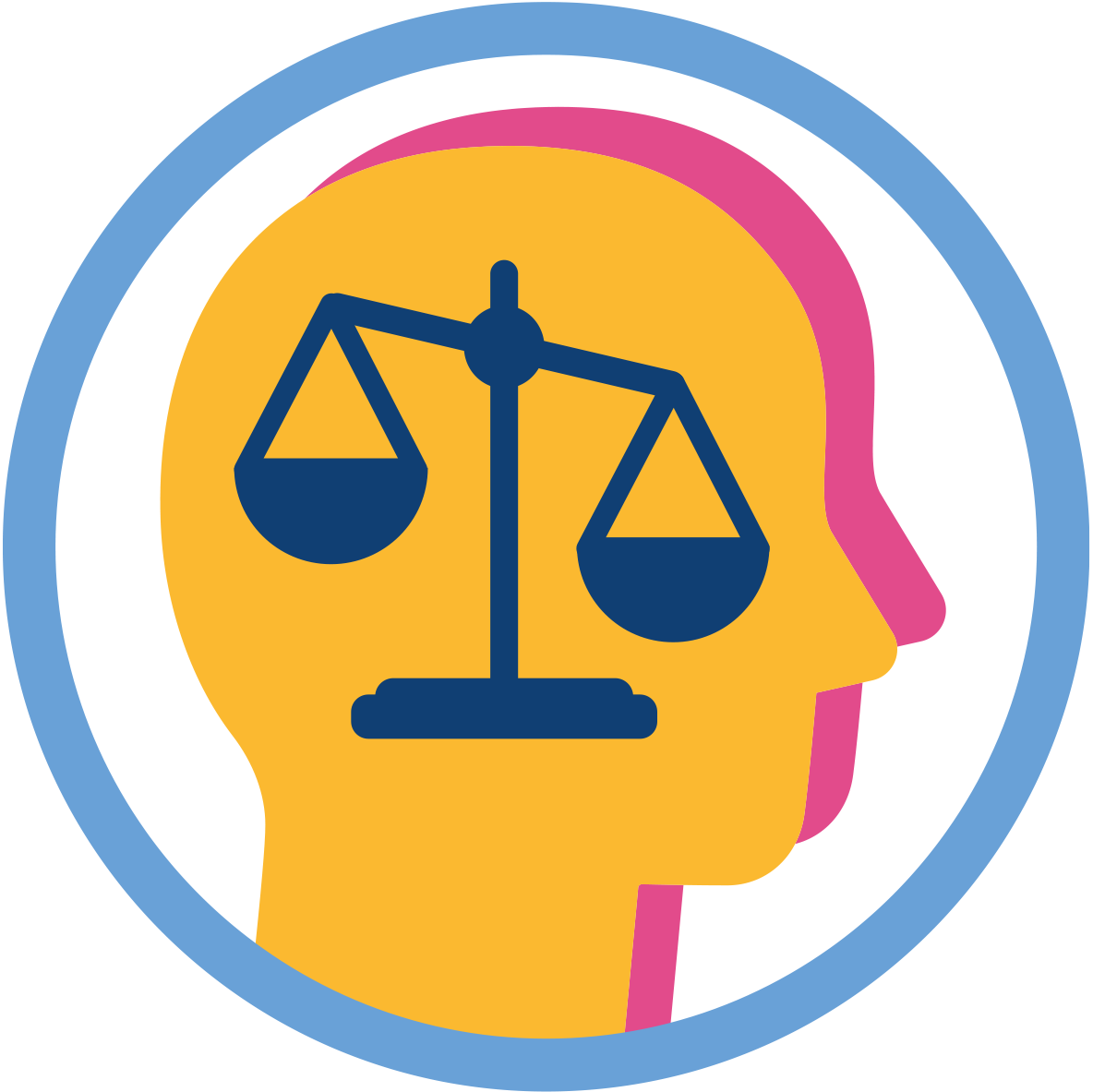

Section outline
-

Unconscious bias is a natural part of how our brains work, being a trait that remains from the earliest days of humankind - from an early age, our minds learn to be comfortable with the familiar and to be sceptical of unfamiliarity.
If we are aware of our biases, we are better able to avoid unintentional discrimination. It is with this awareness that we might ‘unlearn’ old habits and old biases, and learn how to be more inclusive and welcoming of diversity, which brings with it many benefits and opportunities.
By the end of this course, you will:
- Understand different types of unconscious bias and the impact of 'Fast and Slow' thinking.
- Have explored the ways in which unconscious bias impacts our interactions with others.
- Have developed strategies for self-awareness and behaviour change.
